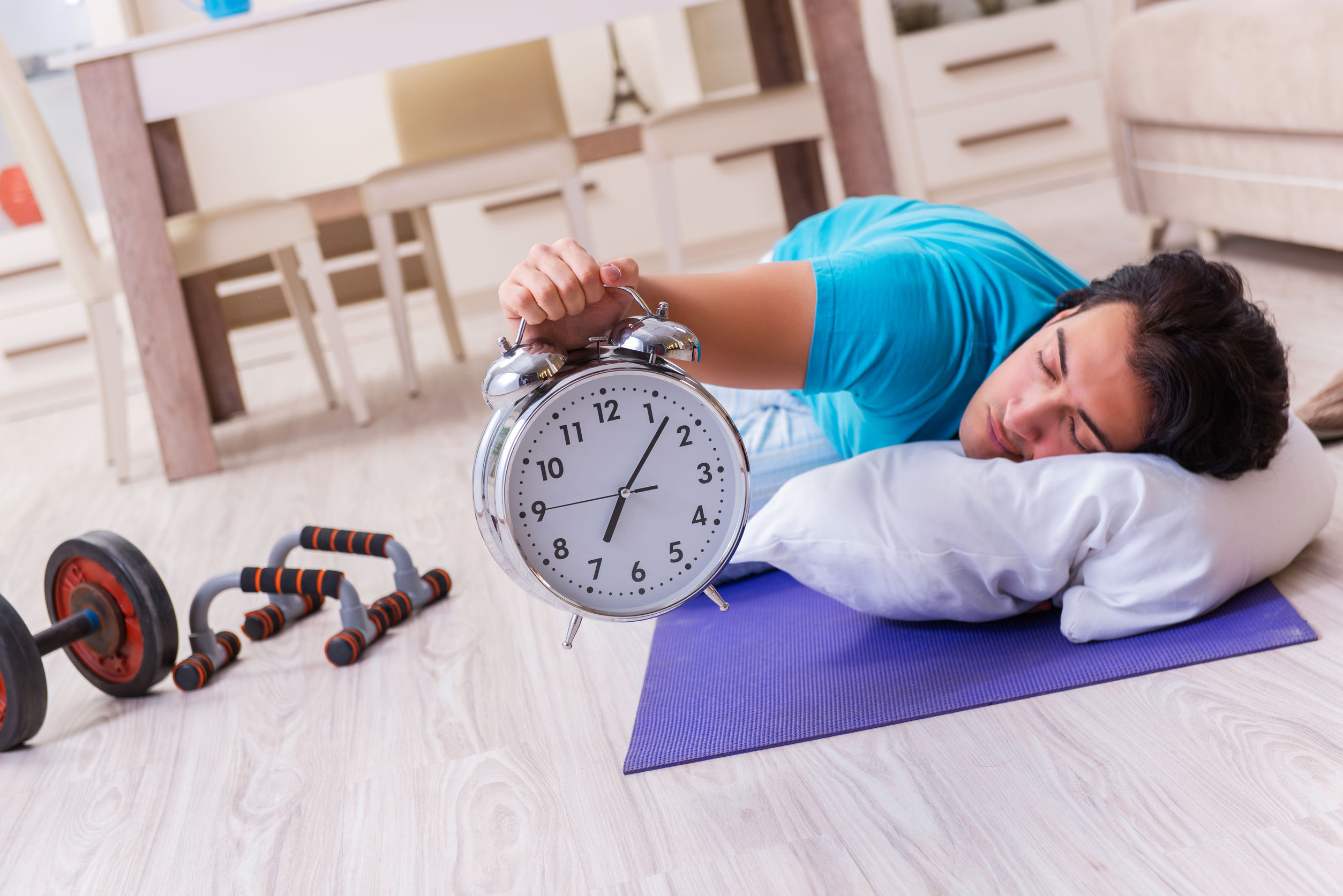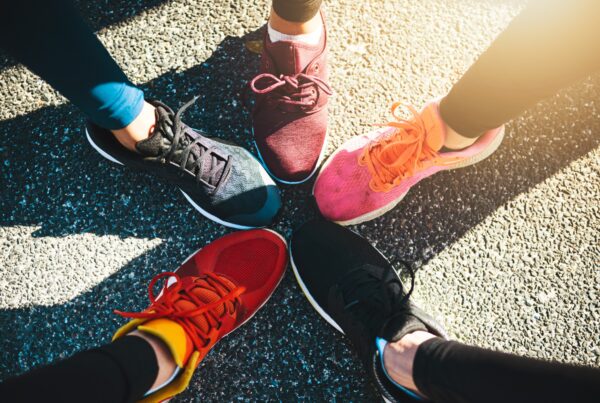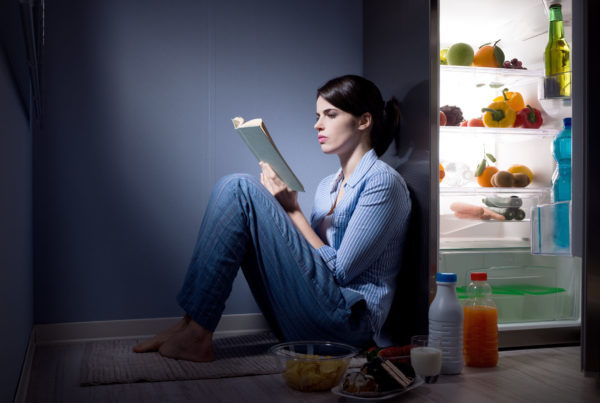”Maryland, how often do you exercise? Did you know that exercise can improve your sleep? You can learn more about exercise and sleep in this week's article. We hope you find this helpful and informative and encourages you to get more sleep!
Reading Time: 7 Minutes
MWi Hacks:
- Understand how exercise might help you sleep
- Get tips on how much exercise you need to get that good nights sleep
MWi Summary:
- While there is a link between sleep and exercise, the specific mechanism is still not clear.
- Timing of exercise may affect sleep, but this effect varies person to person.
- While many studies focus on the relationship between aerobic exercise and sleep, it is more important to find an exercise routine you personally enjoy to see benefits in your sleep.
”“We have solid evidence that exercise does, in fact, help you fall asleep more quickly and improves sleep quality”
Charlene Gamaldo M.D.
How Exercise May Help You Sleep
Researchers don’t completely understand how physical activity improves sleep. “We may never be able to pinpoint the mechanism that explains how the two are related,” she says.
However, we do know that moderate aerobic exercise increases the amount of slow wave sleep you get. Slow wave sleep refers to deep sleep, where the brain and body have a chance to rejuvenate. Exercise can also help to stabilize your mood and decompress the mind, “a cognitive process that is important for naturally transitioning to sleep,” says Gamaldo.
The Timing of Exercise May Matter
Some people may find that exercising close to bedtime seems to keep them up at night, says Gamaldo. How does working out affect the mind?
- Aerobic exercise causes the body to release endorphins. These chemicals can create a level of activity in the brain that keeps some people awake. These individuals should exercise at least 1 to 2 hours before going to bed, giving endorphin levels time to wash out and “the brain time to wind down,” she says.
- Exercise also raises your core body temperature. “The effect of exercise in some people is like taking a hot shower that wakes you up in the morning,” says Gamaldo. Elevation in core body temperature signals the body clock that it’s time to be awake. After about 30 to 90 minutes, the core body temperature starts to fall. The decline helps to facilitate sleepiness.
Despite these biological responses to exercise, other people find that the time of day they exercise doesn’t make a difference. “Whether it’s in the early morning or close to bedtime, they’ll see a benefit to their sleep,” says Gamaldo.
“Know your body and know yourself,” she says. “Doctors definitely want you to exercise, but when you do it is not scripted.”
How Much Exercise You Need for Better Sleep
Patients often ask Gamaldo how much exercise they need for better sleep, and how many weeks, months or years it will take to experience this benefit.
The good news: People who engage in at least 30 minutes of moderate aerobic exercise may see a difference in sleep quality that same night. “It’s generally not going to take months or years to see a benefit,” says Gamaldo. “And patients don’t need to feel like they have to train for the Boston Marathon to become a better sleeper.”
Moreover, while many studies focus on aerobic activity and sleep, Gamaldo says picking an exercise you like will help you stick with it. For example, power lifting or an active yoga class can elevate your heart rate, helping to create the biological processes in the brain and body that contribute to better quality sleep, she says.
“We really want to encourage people to exercise, just be mindful of timing and whether it seems to affect your ability to get optimal sleep quality,” she says.
MWi would like to thank Dr. Charlene Gamaldo for posting this article on hopkinsmedicine.org.
More about the Author
Dr. Charlene Gamaldo is the medical director of the Johns Hopkins Center for Sleep at Howard County General Hospital. Her research interests are in the area of sleep medicine, specifically investigating the co-morbid health consequences of chronic sleep deprivation.
To read the original article please follow this link:
https://www.hopkinsmedicine.org/health/wellness-and-prevention/exercising-for-better-sleep






